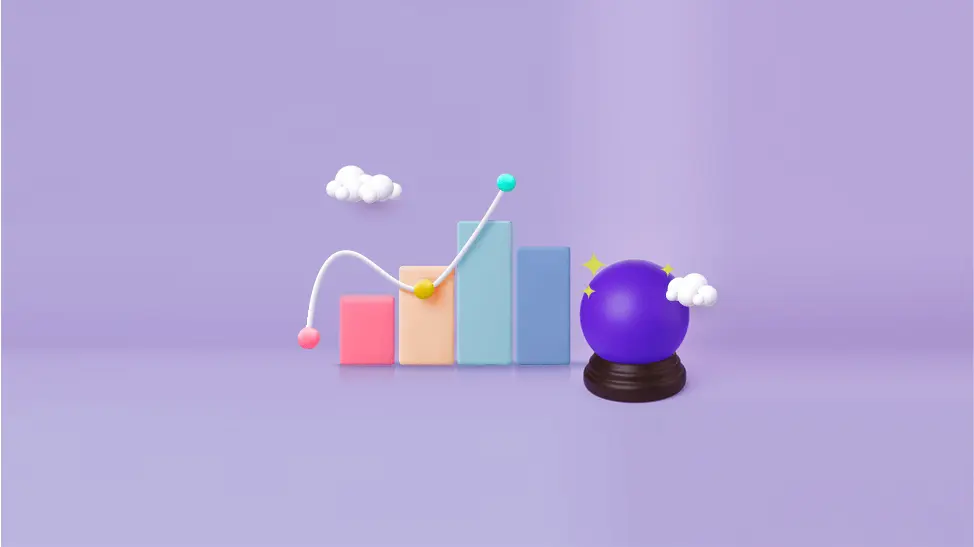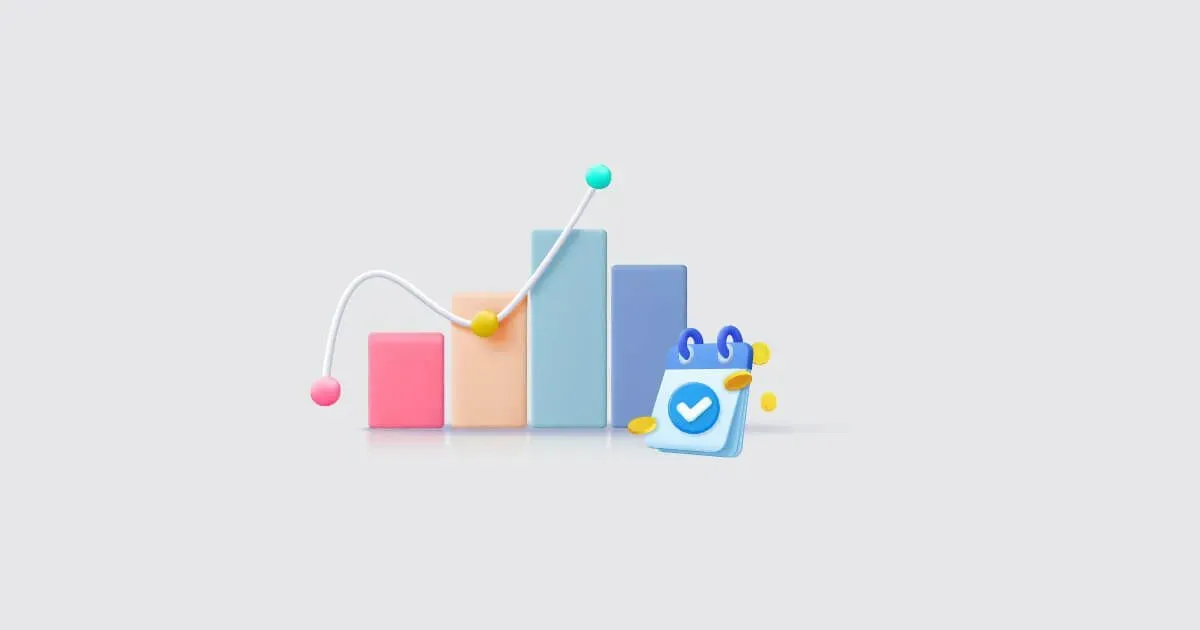Types Of Commodity Market

- Published Date: May 13, 2022
- Updated Date: November 25, 2025
- By Team Choice
Commodities like gold, crude oil, wheat, and natural gas are the backbone of global trade. But how are these commodities bought, sold, and priced? The answer lies in the commodity market. Understanding this market is crucial for investors, businesses, and even everyday consumers, as it influences the prices of essential goods we use daily.
In this blog, we’ll explore the commodity market meaning, how it works, its types, participants, major exchanges in India, benefits, risks, and factors that drive commodity prices.
What is the Commodity Market?
A commodity market is a marketplace where raw materials or primary products, known as commodities, are traded. These can include agricultural products (like rice, coffee, or wheat), metals (such as gold, silver, and copper), and energy resources (like crude oil and natural gas).
Two Main Types Commodity Market
1. Spot Market (Physical Market):
In the spot market, commodities are bought and sold for immediate delivery at the current price. For example, a jeweller buying gold directly from the market is engaging in spot Commodity trading.
2. Derivatives Market (Futures & Options):
In this segment, traders don’t usually exchange the physical commodity right away. Instead, they deal in contracts, futures, and options that fix the price of a commodity for delivery at a later date.
- Futures Contracts: The most widely used method of commodity investing is through futures contracts. Here, buyers and sellers agree to trade a specific quantity of a commodity at a predetermined price on a future date.
If market prices rise above the agreed rate, buyers benefit, and if prices fall, sellers may gain. Futures contracts can be traded on regulated exchanges like MCX and NCDEX, or privately in over-the-counter (OTC) markets. While exchange-traded futures are more secure and transparent, OTC contracts involve higher risk.
- Options Contracts: Since 2017, SEBI has also allowed options trading in commodities. Unlike futures, options give traders the right but not the obligation to buy or sell a commodity at a fixed price within a specified commodity trading time frame. Call options allow traders to buy. Put options allow traders to sell.
This flexibility means investors can benefit from price fluctuations without the commitment of actually taking delivery of the commodity.
Open a FREE Demat Account in 5 Mins.
- Free AMC for First Year
- Low DP Charges (₹ 10)
- No Auto Square Off Charges
- Free Research Calls
Participants of the Commodity Market
The commodity market brings together different types of participants, each with unique roles and objectives. Broadly, they can be classified into the following categories:
1. Speculators:
Speculators trade in commodities, intending to earn profits from price fluctuations. They usually do not take physical delivery of the goods. Instead, they buy and sell futures or options contracts, anticipating whether prices will rise or fall. For example, an investor may purchase crude oil futures if they expect global oil prices to increase.
2. Hedgers:
Hedgers are businesses, farmers, or manufacturers who deal directly with commodities in their operations. They use the commodity market to protect themselves from the risk of adverse price changes. For instance, a farmer may lock in the price of wheat through a futures contract to avoid losses if market prices fall at harvest time. Similarly, airlines often hedge fuel costs to protect against rising crude oil prices.
Major Commodity Exchanges in India
India has well-established exchanges where commodities are traded:
- Multi-Commodity Exchange of India (MCX): MCX is India’s largest and most active commodity exchange. It holds a strong position in the non-agricultural segment, with a major share of trading focused on metals like gold and silver, as well as energy commodities such as crude oil and natural gas.
- National Commodity and Derivatives Exchange (NCDEX): NCDEX is the leading platform for agricultural commodities in India. It plays an important role for farmers, traders, and agribusinesses dealing with products like guar seed, chana, and soybeans, helping them manage price risks effectively.
- Indian Commodity Exchange (ICEX): ICEX is well known for introducing innovative products, including its unique diamond futures contracts. In 2018, it merged with the National Multi-Commodity Exchange (NMCE). The combined entity now operates under the ICEX name, offering both ICEX’s niche contracts and a broader range of agricultural commodities that were earlier traded on NMCE.
How Are Prices Determined in a Commodities Exchange?
Unlike stocks, where company performance plays a significant role, commodity pricing is largely shaped by market forces and external conditions. The main determinants are:
- Supply and Demand Balance: The most fundamental factor driving commodity prices is the balance between supply and demand. When demand exceeds supply, prices rise; when supply is abundant, but demand is weak, price falls.
- Global Developments: Since many commodities are traded internationally, global events significantly affect prices. Geopolitical tensions, trade agreements, natural disasters, or even global health crises can cause sharp movements in commodity markets.
- Speculative Activity: Traders and investors often buy commodities based on expected price movements rather than immediate demand. This speculative demand can drive prices higher or lower in the short term, regardless of actual supply-demand fundamentals.
- Market Sentiment and Outlook: Future expectations about production, consumption, or global economic trends also affect current pricing. If analysts predict a shortage of crude oil or higher demand for gold, markets may adjust prices in advance.
- Economic Factors: Other elements, such as government policies, taxation, subsidies, interest rates, inflation, and currency exchange rates, also impact commodity prices.
Why Should You Choose Choice India?
As a registered commodity broker with both MCX & NCDEX, Choice provides you with a Commodity Trading Account for trading/investing in commodities as per your objectives and goals.
Commodity markets are highly influenced by global developments. Our Commodity Research and Fundamental Team keenly observe worldwide news and couples them with effective analysis to create reliable research reports.
Choice tends to make commodity trading easy and effective for you.
Still Not Convinced? Let's Give You More Reasons:
- Precise Research Desk: Choice provides commodity trading insights backed by our dedicated research teams, performing thorough research to get the right insights from the commodity markets. Your trading and our research equal no unnecessary threats to your potential profit.
- Insightful Analysis Team: Our highly experienced and analytical team analyses the best commodities for you to trade in NCDEX & MCX. Choice commodity trading, arbitrage desk & hedging solutions provide accurate analysis to make the right decision.
- Expert Advisory Solution: While trading in commodities, it is crucial to seek advice from experts. We have a dedicated team of experts for each commodity you want to trade in, making your trade an easy and expert process.
- Robust Tools: Our research team uses the latest tools and techniques to analyse the best commodity trading prospects to meet your long and short-term goals.
Conclusion
The commodity market plays a vital role in the economy by enabling efficient trade and risk management of essential resources. For investors, understanding the commodity market, how it works, its participants, and the role of exchanges like MCX and NCDEX can open up new opportunities for diversification and risk management.
Whether you are a farmer looking to secure fair prices, a business managing costs, or an investor aiming to diversify, the commodity market offers tools and opportunities that go beyond traditional investments. With the right knowledge and strategy, it can be a powerful avenue for wealth protection and growth.
FAQs
1. What do you mean by commodity?
A commodity is a basic good used in trade that is interchangeable with others of the same kind. Examples include gold, crude oil, wheat, and coffee.
2. What is commodity trading?
Commodity trading involves buying and selling raw materials like metals, energy, or agricultural products in the spot or derivatives market. Investors and businesses use it for profit, hedging, or managing risks.
3. How does the commodity market in India work?
In India, commodities are traded through regulated exchanges like MCX, NCDEX, and ICEX, where buyers and sellers use spot and derivatives contracts to trade in a transparent and standardised way.
4. What are the main types of commodities?
Commodities are broadly divided into two categories:
- Hard commodities: Natural resources like crude oil, natural gas, and metals.
- Soft commodities: Agricultural products like rice, wheat, coffee, and cotton.
5. How to invest in the commodity market?
You can invest through commodity derivatives (futures and options) on exchanges such as MCX or NCDEX. Many brokers and online platforms also allow individuals to trade in commodities digitally.
Recommended for you

FII DII Data - Live Data

Share Market Prediction For Tomorrow

Market Prediction Today (02th March 2026)
